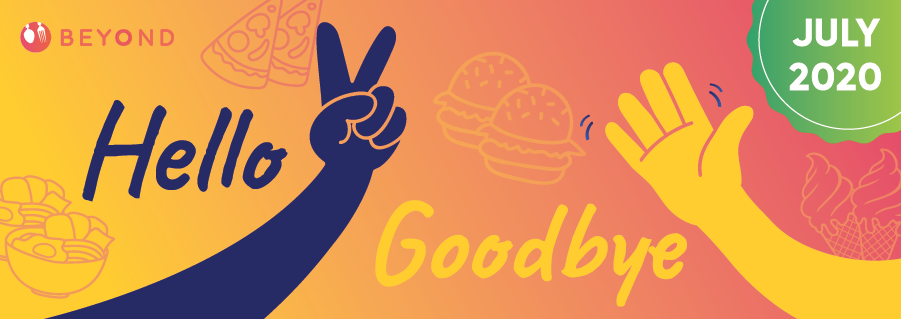

Na, wie geht’s? – “Well, how’s it going?”Īs you can see, na is probably the most versatile syllable in the entire German language.In addition, na can also be combined with some of the other greetings you’ve learned so far: What’s more, na can even be used as an answer to the greeting: Na literally means ‘well!’ in German, but as a greeting, it’s used like a contracted way of saying “hi, how are you doing?”. These next greetings are generally used in just a few regions. Now that you have enough greetings to get by in the entire German-speaking world, it’s time to get into specifics. While in the context of greetings it can mean “what’s up?” or “what’s going on?”, if given the right tone, it can also mean “what’s wrong?” or “what’s the matter?”. When someone asks you was ist los?, you have to pay close attention to their tone of voice. Very similar with alles klar?, was ist los? is appropriate for very casual conversations. As one would expect, this German greeting is mostly used by youngsters. The simplest way to answer to alles klar? is by saying ya, danke meaning “yes, thanks”. While alles klar can also mean “everything is clear?” or “all fine?”, in the context of greetings is the same as saying “what’s up?” in English. If you want to be as word-efficient as a native, you can also just say the shortened wie geht’s? version. Dir and Ihnen both mean ‘you’, but unlike English, German uses formal and informal pronouns. If you want to move up the formality scale, you can use the formal wie geht es Ihnen. Literally meaning “how does it go to you?”, wie geht es dir? is an informal way of asking your friend how are things going. Here are the shortened greetings:ĭon’t we all sometimes throw in a “how are you” instead of “hello” just to mix things up? Well, Germans do the same. In Germany, efficiency rules, so greetings are often shortened to just one word. Guten Abend – “Good evening” – can only be used from dusk to bedtime.Guten Tag – “Good day” – the recommendation is from midday until dusk (around 6 pm), but can be used all day.Guten Morgen – “Good morning” – can only be used before midday.However, there are also some other greetings they can use depending on the time of day: If you want to say ‘hello’ in German to a stranger or maybe to someone you respect, this is the best choice for you.Īlthough guten Tag can also mean ‘good afternoon’, German people actually use it all day long. Time to put your tie on! Guten Tag is how you keep things formal. Since we’re discussing diminutives, let’s also mention that tschüss (‘bye’) can become tschüssi.

This tiny, little hello is reserved for very informal situations. It’s best to use hallöchen to greet… whoever said German is a harsh language 🤭. If you want to avoid repetition and diversify your vocabulary, you can also say hallöchen, which is literally a ‘little hello’. Careful though: as you already know, hi is more informal than hallo so you should keep this one between friends. However, if you want to level up your German ‘hello’s and learn German like a pro, read on.įirst, some good news! As it turns out, Germans use hi too. Hallo is a perfect all-purpose greeting for beginners. If you don’t want to confuse your brain with too many German greetings, you can stop right here. Besides, it’s friendly and can be used successfully in any social situation – either formal or informal. It’s short, sweet, and common across the entire German-speaking world. Hallo is the simplest and most straightforward way to say ‘hello’ in German. Throw in a smile and you’ll also look like one! 1. Meanwhile, don’t forget that ‘hello’ is probably the simplest way to sound like a native. So let’s see what other German greetings are there. Are you meeting friends? Have a job interview? Hallo is not entirely suitable for all social settings. Now the only challenge is to find the best way to say ‘hello’ in German depending on the social context. Hallo! It’s nice to be properly greeted, isn’t it? Everywhere in the world.


 0 kommentar(er)
0 kommentar(er)
